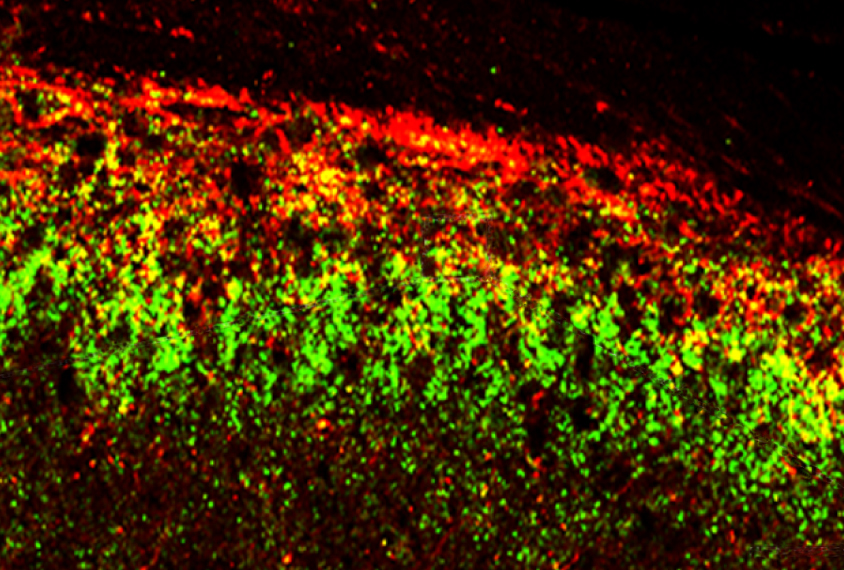
Ann Griswold
Science writer
From this contributor
Sex and other foreign words
People with autism fall in love. They marry. They even (gasp) have sex. Yet these deeply human needs have mostly gone ignored by scientists.
Many people with harmful genetic variants show no ill effects
Most adults with genetic variants tied to certain conditions, such as heart disease or cancer, go undiagnosed.

Many people with harmful genetic variants show no ill effects
This is a story of autism in small-town America
Rural living can be wonderful: community, friendly faces, a slower pace of life. But when there’s autism in the family, it can be tough.
This is a story of autism in small-town America
Autism, fragile X follow different developmental paths
Children with autism show an increase in restricted interests in their preteen years that is not seen in those with fragile X syndrome.

Autism, fragile X follow different developmental paths
Autism gene may double as pain processor
SHANK3, a leading candidate gene for autism, helps sensory neurons in mice respond to pain.
Explore more from The Transmitter
Dendrites help neuroscientists see the forest for the trees
Dendritic arbors provide just the right scale to study how individual neurons reciprocally interact with their broader circuitry—and are our best bet to bridge cellular and systems neuroscience.

Dendrites help neuroscientists see the forest for the trees
Dendritic arbors provide just the right scale to study how individual neurons reciprocally interact with their broader circuitry—and are our best bet to bridge cellular and systems neuroscience.
Two primate centers drop ‘primate’ from their name
The Washington and Tulane National Biomedical Research Centers—formerly called National Primate Research Centers—say they made the change to better reflect the breadth of research performed at the centers.

Two primate centers drop ‘primate’ from their name
The Washington and Tulane National Biomedical Research Centers—formerly called National Primate Research Centers—say they made the change to better reflect the breadth of research performed at the centers.
Post-infection immune conflict alters fetal development in some male mice
The immune conflict between dam and fetus could help explain sex differences in neurodevelopmental conditions.

Post-infection immune conflict alters fetal development in some male mice
The immune conflict between dam and fetus could help explain sex differences in neurodevelopmental conditions.

